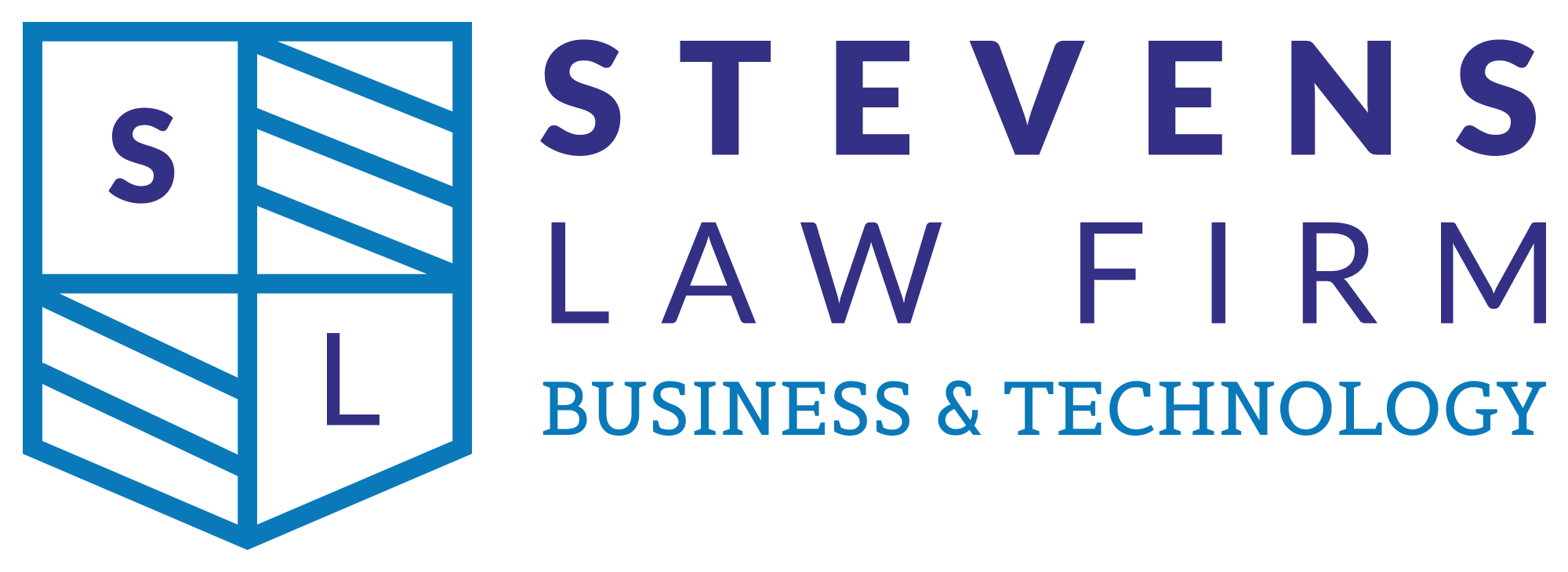Ohio Startups, Securities, and Rule 504
By Drew Stevens - September 27, 2019 - Securities

In certain circumstances, your startup may consider raising funds under Rule 504 of Regulation D. Here, our Columbus securities attorney provides an overview of Rule 504, its requirements, and notable limitations.
Rule 504 Criteria
Under Rule 504, you can raise up to $5,000,000 within a 12-month period. This exemption does not place a limitation on raising money from accredited investors versus non-accredited investors (compare to Rule 506, which places a limit on raising money from 35 or less non-accredited investors).
General Solicitation and Limitations on Resale
Unless you qualify under Rule 504(b)(1)(i), 504(b)(1)(ii), 504(b)(1)(iii), the standard limitations on solicitation and resale of Rule 502 do apply.
In terms of general solicitation, Rule 502 explicitly prohibits certain kinds of communication to potential investors. This includes general advertisement in newspapers, magazines, television, and radio.
When it comes to resale, any securities acquired under Rule 504 cannot be resold to another investor unless the securities are registered under the Securities Act of 1933 or pursuant to an appropriate exemption.
Further, under Rule 504 and Rule 502(d), your startup must document that:
- A reasonable inquiry has been made to determine if your investor is acquiring the securities in your company for the investor or for other persons;
- Your company makes a written disclosure to your investor, before the sale of securities, that the securities in question have not been registered under the Securities Act of 1933 and cannot be sold unless registered or an appropriate exemption is available; and
- You place a legend on the stock certificate or other document that memorializes the sale of the securities that states that the securities have not been registered and that there are restrictions on transferring or selling the equity.
Rule 504 Disclosure Requirements
As compared to Rule 506, one notable requirement that does not apply to Rule 504 is that of particular disclosures. Under Rule 502(b), if your startup files for exemption under Rule 506(b), certain non-financial and financial information must be disclosed to any non-accredited investors. However, Rule 502(b) does not apply to Rule 504 exemptions.
When to File for Rule 504 Exemption
At the federal level, you must file Form D with the SEC within 15 calendar days from date of your first sale to an investor.
The SEC stipulates that your date of first sale is the date when your first investor is contractually committed to invest, per the terms of your investment contract and documentation. For example, this could be the date of the investment contract itself or the date when you receive the investor’s funds.
This said, you are free to file Form D at any point before your first sale to an investor, in relying on Rule 504.
Rule 504 and State Registration
One of the most significant drawbacks of relying on the Rule 504 exemption is that Rule 504 does not preempt state securities laws. Unlike Rule 506, securities that are offered under a Rule 504 exemption do not qualify as covered securities. Accordingly, you will have to find an exemption at the state level for every state that you have investors in.
You will also have to comply with the state specific requirements for each state. If you have investors in a number of states, this can make pursuing a Rule 504 exemption very time consuming and costly.
Securities Attorney Columbus Ohio
If you feel that your startup needs help with selecting the best securities exemption for your fundraise, do not hesitate to contact a business lawyer at our firm. We have significant experience with securities and raising capital and have closed millions of dollars’ worth of funding rounds. From Rule 504 to Rule 506 to Regulation A+, we can assist you with securities compliance and structuring investments.











